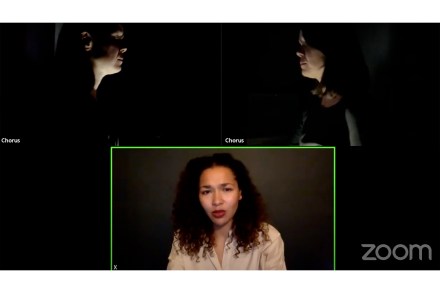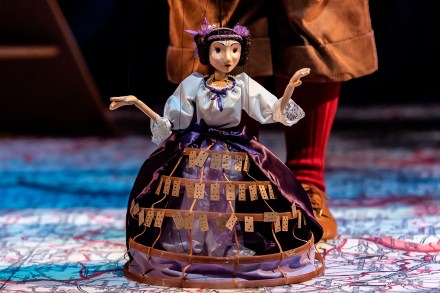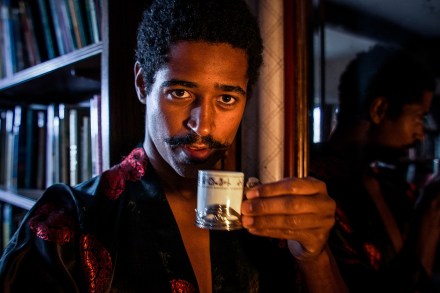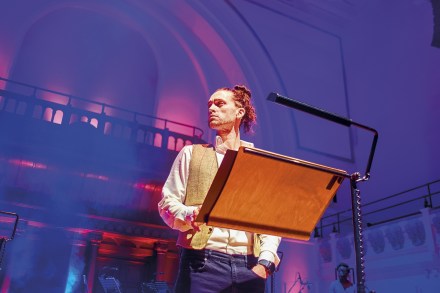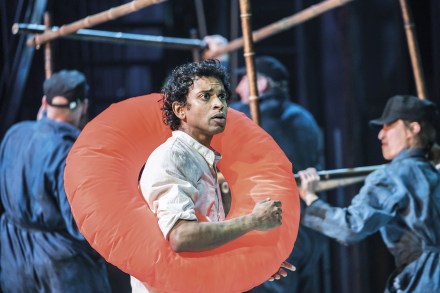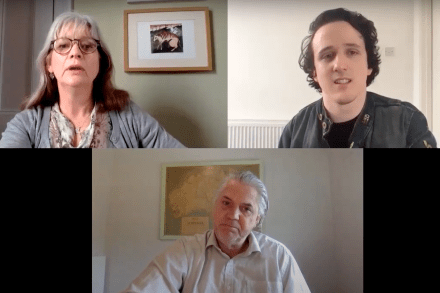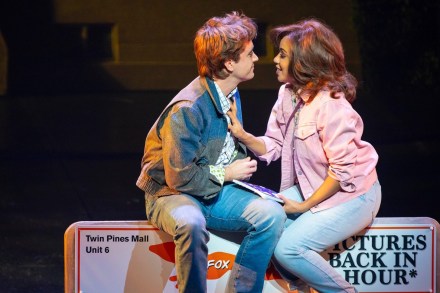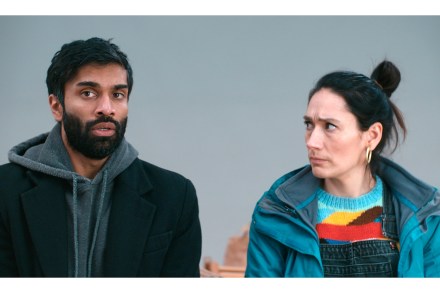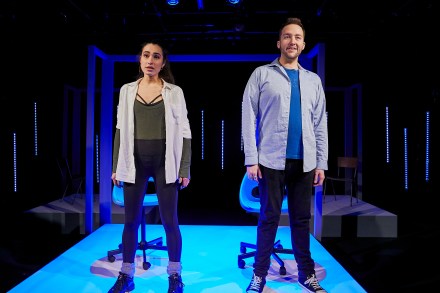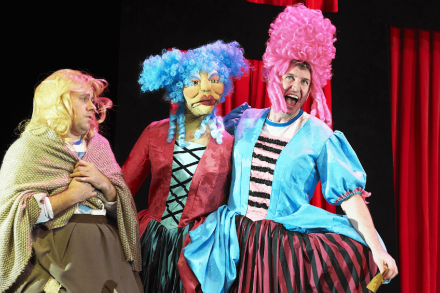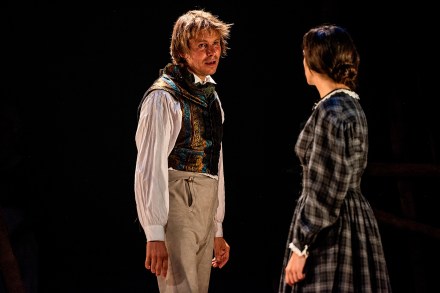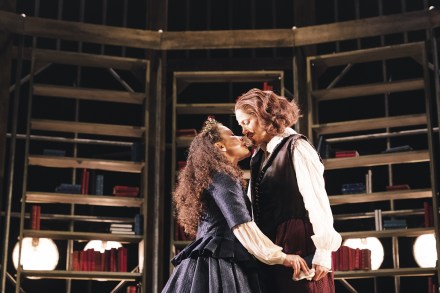Theatre’s final taboo: fun
How will the theatre look after lockdown? A clue emerges in a statement made by Guy Jones, the literary associate of the Orange Tree in Richmond. ‘The victims of this year are many. Homelessness is on the rise, loneliness is deadly, the monster of racism lurks in every-day interactions… and many of the inequalities we live with are written into the systems in which we are asked to participate.’ ‘The victims’. That’s his starting point. It might seem odd that a theatre should prioritise the injured and the aggrieved, as if the stage were a tribunal or a public court where justice is dispensed. But that’s how theatres see themselves.



